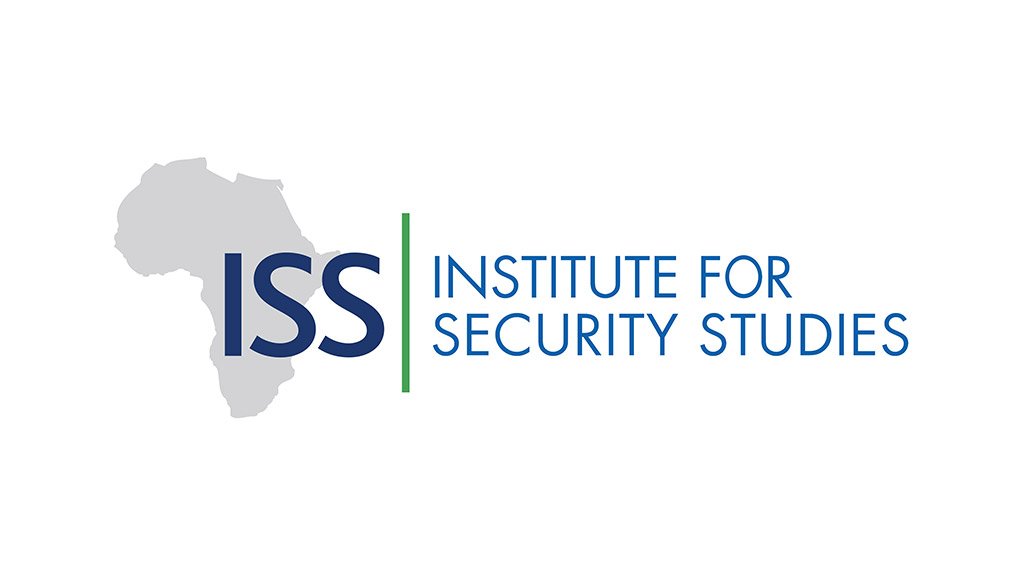Ethiopia's Amhara region has been the epicentre of political violence and armed conflict, with Fano ethnic militias clashing with the federal government since April this year. Calls from national and international actors for hostilities to end have gone unanswered.
President Sahle-Work Zewde, in her October state of the federation address, reiterated the need for dialogue on major issues dividing the political elite and society. In August, African Union (AU) Commission Chairperson Moussa Faki Mahamat called for parties to 'immediately cease the fighting,' 'the protection of civilians,' and engagement 'in dialogue to reach a peaceful solution.' He renewed the AU's support for an 'inter-Ethiopian initiative' to achieve peace and stability.
But the conflict continues.
The Amhara region was relatively stable before the Tigray crisis began in November 2020. However, its armed forces and ethnic militias joined the federal government in the war against Tigrayan forces. Prior to the conflict, the regional government incorporated contested territories such as Wolkayt, Humera, Tselemti and Raya under Tigray's jurisdiction.
The conflict ended with the AU-mediated cessation of hostilities agreement (CoHA) being signed in November 2022. The federal government integrated regional special forces into national security institutions – the Ethiopian National Defense Force (ENDF), federal police and regional police forces. However, Amhara political organisations resisted this integration, which led to the defection of regional special force members to the Fano ethnic militia.
Some Amharas believe the reintegration plan was a failure of both the Ethiopian government and the AU to disarm the Tigray People's Liberation Front – a CoHA stipulation. Under Article 11 of the agreement, in December 2022 the AU launched the AU Monitoring, Verification and Compliance Mission and deployed the whole team to Mekele in January. In May this year, the mission reported that disarmament of the Tigrayan forces was 85% to 90% complete. In June, the AU Commission extended the mission's term by six months.
However, Amhara forces don't believe their Tigrayan counterparts are properly disarmed – due partly to the decades-old competition and mistrust between the two regions' political elites. The fresh memory and war trauma further complicated this uneasy relationship.
The Amhara forces are also alarmed about the status of Wolkayt and Raya's contested territories. They consider the federal government's recommendation to resolve the issue through a referendum as a move to force them out of these territories. They say the government has not protected ethnic Amharas across the country from attacks, particularly those by the Oromo Liberation Army in the Oromia region.
While resistance to government reintegration is the immediate cause of tension with the Amhara forces, the conflict was shaped by various historical and structural factors. Similarly, Amhara elites' suspicion that the CoHA shifted alliances between Tigrayan forces and the government against it is due to deep-seated historic rivalry and mistrust.
The government has taken a fully-fledged security approach in response to the crisis. The ENDF was ordered to disarm Amhara special force members who did not heed government's call for disarmament. Although the ENDF's mission met with little armed resistance, leading authorities to believe the reintegration was successful, Amhara defectors joined forces with Fano militias. They launched coordinated attacks against local and regional officials.
The fragmented hit-and-run tactic of the militias later morphed into a coordinated attack against local administrative structures when the group started seizing control of towns. Eventually, Fano and ethnic militia threatened to take control of the regional capital, Bahir Dar, forcing the provincial government to request federal government intervention.
Ethiopia's Council of Ministers immediately declared a state of emergency in Amhara, inherently encroaching on citizens' civil and political rights with adverse implications on livelihoods.
Despite the state of emergency and ENDF deployment to enforce peace and security and restore stability, the region remains fragile, with armed confrontation between ENDF and Fano and ethnic militias continuing unabated. The federal government continues a security approach in trying to contain the violence.
Unless resolved soon, instability in the Amhara region will spread beyond Ethiopia's borders. Eritrea's involvement lent a regional dimension during the 2020-22 war between Amhara and Tigrayan forces. The more disruption in Amhara lingers, the higher the probability of actors in Eritrea becoming involved.
The instability and ongoing war between the Sudanese Armed Forces and the Rapid Support Force in Sudan could also influence the trajectory of Ethiopia's armed conflict. The contested territories across the Ethiopia-Sudan border, the al-Fashaga territory, the rising influx of refugees, and the increase in arms smuggling in the area could exacerbate the violence.
The Amhara situation could also affect campaigns by the AU, international communities and Somalia against al-Shabaab. For one, if the ENDF is preoccupied with the Amhara forces and withdraws from the Ethio-Somalia border, as it did in 2020, Somalia's anti-al-Shabaab efforts could be prolonged. Extremists could use the security vacuum to infiltrate Ethiopia in search of a territorial haven. They could also expand their influence into Ethiopia and threaten the stability of yet another Horn of Africa country.
The AU Peace and Security Council (PSC) should view the Amhara crisis as more than a local security challenge in one of its member states. Based on its mantra of 'African solutions to African problems', it should involve continental actors early to avoid spillover into the region.
The federal and Amhara regional governments recently indicated they'd be open to dialogue. This is an opportunity for the AU Commission – at the PSC's behest – to explore this and approach the parties to implement a conflict resolution mechanism in the region. This could be through a special envoy under Mahamat.
The Panel of the Wise could also inspire both parties' political will for a negotiated settlement. Timeliness could help prevent another major crisis in Ethiopia.
Written by Tegbaru Yared, Researcher, Horn of Africa Security Analysis, ISS Addis Ababa
EMAIL THIS ARTICLE SAVE THIS ARTICLE ARTICLE ENQUIRY
To subscribe email subscriptions@creamermedia.co.za or click here
To advertise email advertising@creamermedia.co.za or click here











